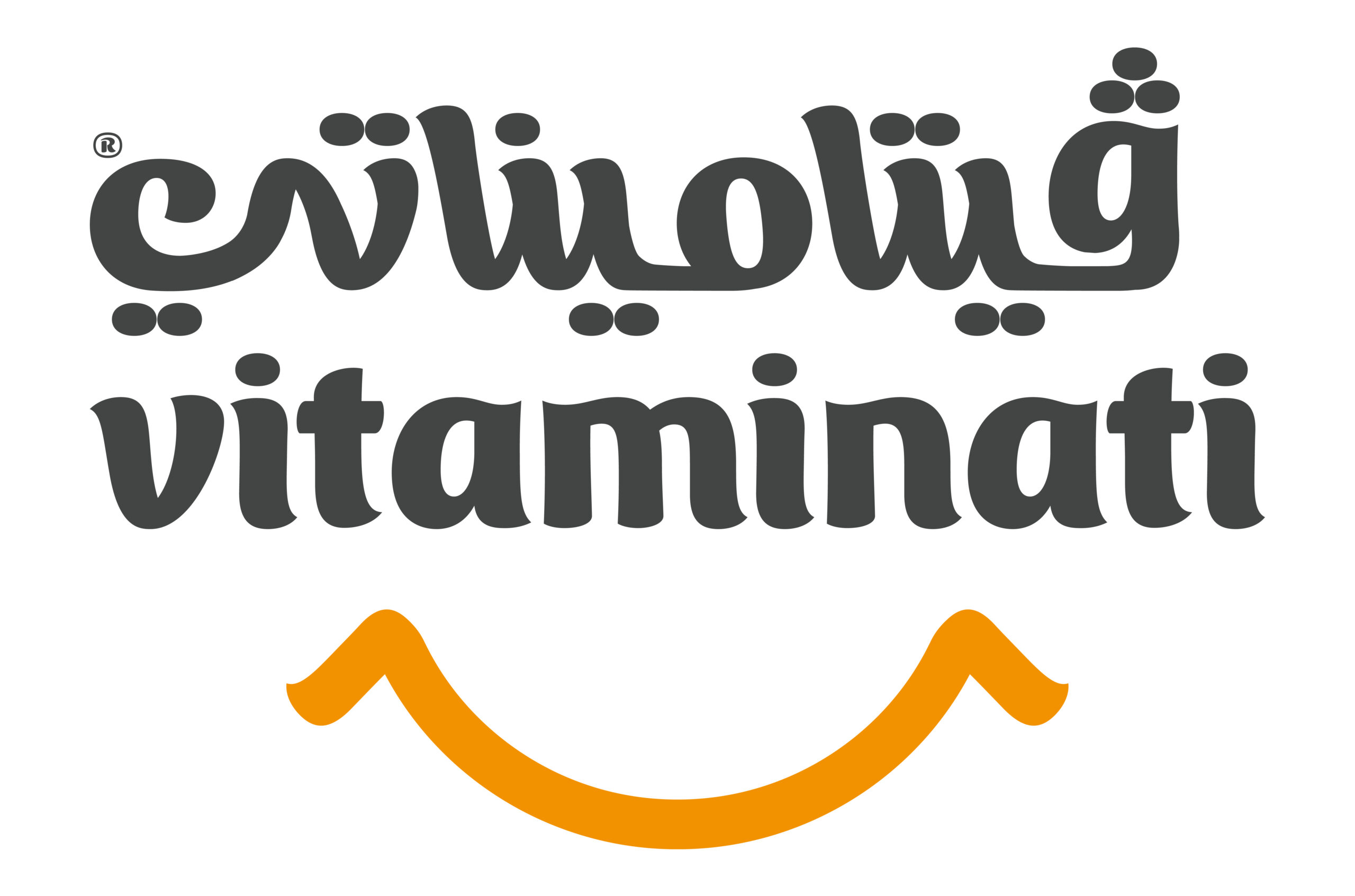Table of Contents
ToggleWhy Do Parents Ask About Vitamins for Children?
Parents today are increasingly concerned about their children’s health—especially with the rise of processed foods and reduced physical activity.
Many mothers wonder: Is my child getting enough vitamins? and Does my child really need a dietary supplement?
According to the World Health Organization (WHO), children should primarily rely on a balanced diet that provides all essential nutrients, while supplements should only be used to correct specific deficiencies.
Meanwhile, the American Academy of Pediatrics (AAP) states that most healthy children who consume a varied and balanced diet do not need routine supplementation, except in certain medical or nutritional circumstances.
Do Children Need a Dietary Supplement with a Balanced Diet?
The answer depends on the child’s nutritional status.
If a child regularly eats meals that include fruits, vegetables, proteins, grains, and dairy, supplements are often unnecessary. However, some children may not get enough nutrients due to picky eating habits or restrictive diets (such as vegetarian or vegan diets).
Based on WHO and AAP recommendations, supplements are needed only in the following cases:
-
Children who eat very small amounts of food.
-
Children with milk allergies.
-
Children who live in regions with limited sun exposure (vitamin D deficiency).
-
Children with anemia or absorption disorders.
Bottom line: Supplements should never be given randomly — only under a doctor’s supervision after assessing the child’s nutritional needs.
The Best Vitamins for Children’s Growth and Health:
What are vitamins and why do we need them?
During growth, children need a balanced combination of vitamins and minerals to support bone, brain, and immune development. The most important ones include:
-
Vitamin D: Essential for strong bones and teeth; recommended for children in areas with limited sunlight.
-
Vitamin C: Boosts immunity and helps absorb iron.
-
Vitamin A: Supports healthy skin and vision.
-
Vitamin B12: Promotes red blood cell production and nervous system development.
-
Iron: Prevents anemia and supports oxygen transport.
-
Calcium: Builds strong bones and teeth.
WHO Recommendation: Children lacking iron or vitamin D should receive prescribed supplements in doctor-approved doses.
Can the body get all vitamins from food?
The Best Vitamins for Boosting Children’s Immunity and Energy:
When it comes to immunity and energy, Vitamin C and Vitamin D are the two most powerful nutrients.
-
Vitamin C helps the body produce white blood cells and fight infections.
-
Vitamin D enhances immune response and improves calcium absorption, giving children energy and strength.
The AAP notes that children who frequently fall ill or have weakened immunity may benefit from supplements containing these vitamins, provided doses are precisely adjusted by a doctor.
Read more: Role of vitamins in supporting immunity.
The Best Time for Children to Take Vitamins:
According to AAP guidelines, vitamins should be taken with food to improve absorption and prevent stomach upset.
-
Water-soluble vitamins (like Vitamin C and the B group) should be taken in the morning after breakfast.
-
Fat-soluble vitamins (A, D, E, K) should be taken with a meal that contains healthy fats.
Tip: Avoid giving vitamins on an empty stomach or right before bedtime.
When Does a Child Actually Need a Supplement?
The World Health Organization confirms that healthy children don’t need supplements except under specific conditions:
-
Exclusively breastfed babies after 6 months without fortified complementary foods.
-
Vegetarian or vegan children lacking vitamin B12 or iron.
-
Children with diagnosed malabsorption or proven vitamin deficiencies.
In these cases, always consult a pediatrician to determine the right supplement type and dosage based on the child’s age and weight.
Natural Sources of Vitamins for Children:
The WHO emphasizes prioritizing natural food sources before using supplements:
-
Leafy vegetables like spinach and molokhia – rich in iron and magnesium.
-
Fresh fruits like oranges and strawberries – high in vitamin C.
-
Dairy products – great sources of calcium and vitamin D.
-
Eggs and meat – rich in protein, iron, and vitamin B12.
A diverse diet is the foundation for long-term health. Supplements should only fill nutritional gaps when necessary.
The Risks of Overusing Supplements in Children:
The AAP warns against excessive vitamin supplementation, particularly fat-soluble vitamins (A, D, E, K) which can accumulate in the body and cause toxicity.
Symptoms of overdose include nausea, headaches, abdominal pain, and dark-colored urine.
WHO Advice: Never give multiple supplements containing the same vitamin simultaneously without medical supervision.
Best Liquid Vitamin for Growth and Weight Gain:
Always choose supplements approved by trusted health authorities that contain safe levels of vitamin D, iron, and zinc.
Read ingredient labels carefully and avoid products high in sugars or artificial flavors.
Liquid supplements are ideal for younger children since they’re easier to swallow and digest — but should always be used under medical recommendation only.
Symptoms of Vitamin Deficiency in Children:
Common signs that may indicate vitamin deficiency include:
-
Pale skin or chronic fatigue (iron deficiency).
-
Weak bones or delayed walking (vitamin D deficiency).
-
Loss of appetite or hair loss (zinc or B12 deficiency).
If these symptoms appear, laboratory tests are necessary to identify the exact deficiency.
Signs of Vitamins deficiency in adults.
Vitamins Supporting Brain Growth and Concentration:
Studies show that Omega-3 fatty acids, vitamin B12, and iron play key roles in brain development and cognitive function.
They’re especially recommended for school-age children who struggle with focus or academic performance.
Dietary Tips to Enhance Vitamin Absorption:
-
Combine foods rich in vitamin C with those high in iron for better absorption.
-
Limit sodas and sugary drinks, which hinder calcium absorption.
-
Include healthy fats like olive oil with vegetables rich in vitamins A and D to improve uptake.
Read more about vitamins absorption.
Common Mistakes Parents Make When Giving Children Vitamins:
-
Giving supplements without a doctor’s prescription.
-
Using multiple products at the same time.
-
Ignoring dosage instructions or not reading the label.
The AAP reports that such mistakes are among the leading causes of accidental vitamin toxicity in children.
FAQs:
1. Can children take more than one supplement at a time?
Not unless prescribed by a doctor. Combining supplements randomly can lead to overdoses.
2. What is the right age to start vitamin D supplements?
The WHO recommends starting vitamin D supplementation for infants as early as two weeks old if sun exposure is insufficient.
3. Do vitamins increase appetite or weight?
They may improve appetite in children with nutritional deficiencies, but they shouldn’t be used solely for weight gain.
4. Are natural vitamins better than synthetic ones?
Natural sources are always preferred, while synthetic supplements should be used only to correct deficiencies.
5. What are the signs of vitamin deficiency in children?
Fatigue, poor appetite, hair loss, slow growth, or delayed tooth eruption.
6. Can vitamins be taken with milk?
Yes, but preferably after a meal rather than before, to avoid stomach upset.
Conclusion: Food Comes First, Supplements Only When Needed
Ultimately, a balanced diet is the primary source of vitamins and minerals for children, while supplements are not substitutes for proper nutrition.
Both the World Health Organization and the American Academy of Pediatrics emphasize that supplements should be used only when necessary and under medical supervision.
Prevention is better than cure — a healthy, balanced diet is the best investment in your child’s future.
Recommended Source:
World Health Organization – Nutrition for Health and Development
PharmD with expertise in pharmaceuticals and a passion for making medical knowledge clear, accurate and accessible to all








